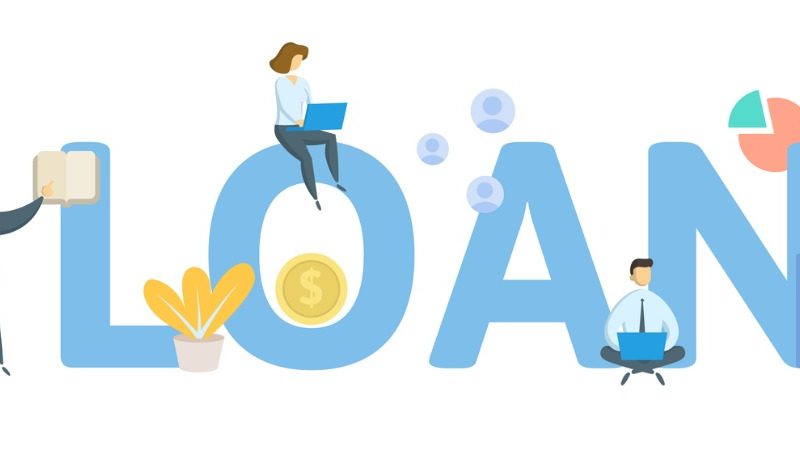How does my credit score affect mortgages and other loans?
The majority of purchases we make in our lifetime are affordable enough for us to either buy outright or save towards over time. This is rarely the case for high-value assets such as houses, cars and other expensive items.
New Zealand’s residential property prices in April 2018 jumped 7.6 per cent over the past year to $678,856. Buying a vehicle is cheaper but still a considerable expense nonetheless. Even renting an apartment comes with significant upfront costs, such as agency fees, bonds and any monthly rent paid in advance.
Regions continue to see higher value growth than main centres...https://t.co/umWy1M1aA5#NZrealestate #NZproperty #RealEstateNZ #firsthomebuyers pic.twitter.com/7TSU1Ftz4G
— QV.co.nz (@qv) May 8, 2018
So, unless you want to spend the next few decades saving for your first home or car, you’ll likely need access to credit to get the ball rolling.
What kind of credit score do I need?
It goes without saying that your credit score must be in better shape for a home loan approval than it does for a new credit card or mobile phone contract. However, there’s no one-size-fits-all answer for what credit score you need to gain approval. That will depend on various factors, including your credit rating, your recent activity, the financial institution’s internal assessments and whether or not you’re applying to a traditional lender.
— Credit Simple NZ (@creditsimplenz) April 19, 2018
What is considered to be a good credit rating?
We may not be able to give you an exact figure for the kind of credit score you’ll need to buy a home, rent an apartment or purchase a car. But we can give you a rough estimate of how lenders may view your current rating.
0-299: Unfortunately, you have a low credit rating and will struggle to obtain credit, especially for home loans and similar forms of borrowing. Got a score of zero? Click here to find out more about why.
300-499: We call this the ‘room to improve’ category. While not in the upper echelons, you probably don’t have any huge black marks on your report, but mortgage lenders may still view you as a risk.
500-699: This is an average rating, so your likelihood of securing a mortgage or personal loan may rely on individual factors and the lender’s specific criteria.
700+: You have a good to great credit rating and financial institutions will view you favourably when applying for mortgages and personal loans. (You might even be a ‘credit unicorn’ with a score over 900, like 9.2% of Kiwis.)
We hope this has helped you understand how your credit rating relates to big-ticket purchases such as homes and cars. Want to learn more? Just click here for our FAQ and ‘Learn’ section.
The information in this blog post is general in nature and does not constitute personal financial or professional advice. It is not intended to address the circumstances of any particular individual. We do not guarantee the accuracy and completeness of the information and you should not rely on it. Before making any decisions, it is important for you to consider your personal situation, make independent enquiries and seek appropriate tax, legal and other professional advice.
- Post Tags:
- credit score
- FAQ
- loan
- mortgage
Credit Simple
Credit Simple gives all Kiwis free access to their credit score, as well as their detailed credit report. See how your credit score compares by age, gender and community and gain valuable insights into what it all means.
All stories by: Credit Simple


